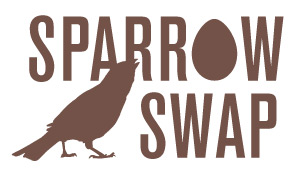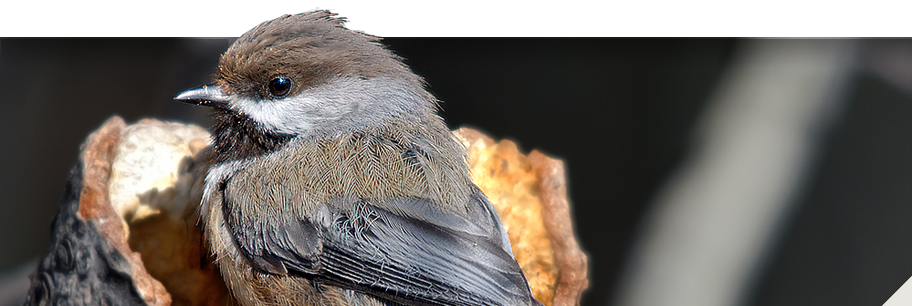 Photo ©
Sparrow Swap
Photo ©
Sparrow Swap
What Can House Sparrows Teach Us?
House Sparrows are a non-native species that compete for cavities with native birds throughout North America. While this ubiquity can make them a nuisance around nest boxes, it can also make them a really good study subject for learning about widespread problems like environmental toxins. The Sparrow Swap Project invites you to collaborate in citizen-science research with a two-fold mission: (1) find out if House Sparrow eggs can be used to map exposure to environmental contaminants, and (2) test whether swapping real eggs for wooden eggs can reduce sparrow disruptions to other nests.
All you need to participate is a nest box that is currently attracting House Sparrows. You can participate in one of two ways:
Visit Sparrow Swap to get more information and sign up today. Sparrow Swap is a project of the North Carolina Museum of Natural Sciences; please send your questions directly to Sparrow Swap. NestWatch reminds you that only the eggs of non-native species may be collected without a permit. Do not send any eggs of birds other than House Sparrows, even if they did not hatch.
 Photo ©
Photo ©